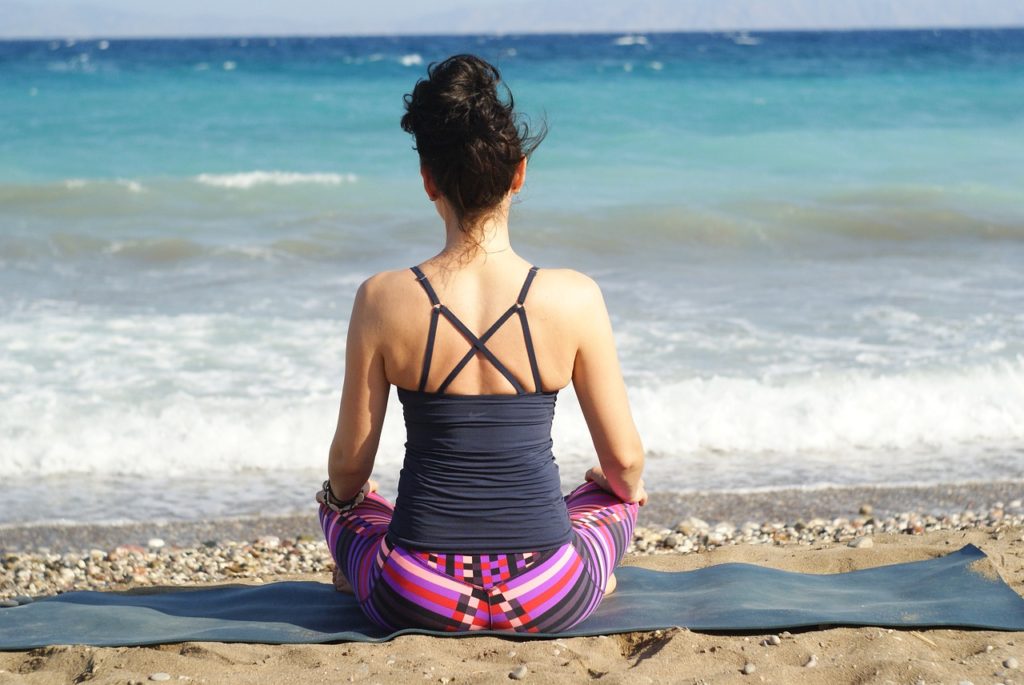The past year has been one of global challenges. Nurses have been recognized as essential to the health of all communities. We have stood out with other healthcare professionals as those willing to step up to ensure transmission of COVID-19 was limited and care provided to those in need. Never had nurses experienced the constant need for personal protective equipment (PPE), overwhelming numbers of critically ill patients, and significant limitations in family visitation. Our own lives were also threatened. Nurses volunteered to work extra, even offering to travel to distant locations to provide care. With increased workload and stress, self-care has never been so needed by nurses. In this post, I’ll provide some thoughts on self-care and its importance for nurses.
What is self-care?
I suppose one could say self-care is taking care of yourself. Nurses promote self-care to patients as we teach them about their diseases and prescribed medications. We advise them to eat healthy, exercise, get adequate sleep, and take measures to lessen stress in their lives. Do we do the same for ourselves? Do we take any time in our week for our health? With extended work hours and extra shifts during the times of high census, likely few took much time to focus on themselves. However, many studies have shown a work-life balance allows for physical and emotional health and job satisfaction. When caregivers have time for self-care, job satisfaction increases, nurses are more empathetic, and patient outcomes are improved.
Where does one begin?
Crane and Ward (2016) note that awareness is the first place to start. If feeling stressed, tired, and unhappy, one must re-evaluate one’s life choices. Start by taking some time to write down daily activities. Keep a diary or journal listing how the time over the past days or week has been spent. Did you include any self-care activities rather than those spent doing the simple chores of life (laundry, cleaning, shopping for groceries, etc.)? Although the usual household chores might be enjoyed by some–I kind of missed taking my time looking around the grocery store each week–these tasks aren’t considered self-care. Think about the activities and hobbies you like to do for fun and relaxation. How much time or ability has there been for them? Of course, I realize that many activities were limited such as going to the theater, shopping, or trips to the gym. Even time visiting family and friends has been sparse over the past year for most of us.
So, evaluate what time you may have for self-care activities and explore options available. Some areas are starting to open a bit as we see more and more people vaccinated. Gyms, stores, theaters, and restaurants may be more accessible. However, if you aren’t yet comfortable going out to public venues, think about what options you have. Going for walks or hikes is encouraged as we move into the spring and summer months. Outdoor get-togethers with family and friends may be easier with immunization available to many. Plan an exercise program for yourself. Take advantage of online classes to add exercise, such as yoga or dance.

Other ideas for self-care include keeping up with friends and family. A phone call to a friend or family member might cheer you both up. Find time to read something fun or try listening to a podcast. Some may enjoy puzzles, trying a new craft idea, gardening, or writing for fun. In other words, carve out some time for yourself. Don’t feel the time is unproductive. Think of it as recharging so you can be ultimately more productive.
Of course, I would also consider other healthy endeavors. Healthy eating can easily fall by the wayside when overwhelmed by work stress. Plan your weekly menu, try a few new recipes, try to drink enough water, and pack healthy snacks you can enjoy at work. I’ve seen plenty of jokes about management providing pizza for the nursing staff but that isn’t necessarily healthy or offered equally between shifts. Look out for yourself by being prepared and avoiding hunger. There might not be a lot of time for meal breaks so try to take a few short 5-10-minute breaks with a snack and drink a few times during the shift.
We all need rest.
Try to get enough sleep. I know–how obvious. Nurses often are sleep-deprived due to long shifts and working nights. Try to track your sleep and see how much you are getting. To sleep better, avoid stimulants such as caffeine close to the time you are going to sleep. Reading before bed may help some to sleep. However, the use of computers or other devices right before bedtime has been shown to lessen quality sleep. If possible, avoid regular sleep aid use or talk to your doctor about safe use.
The last thing I’ll mention is finding ways to lessen stress. Nagoski and Nagoski (2019) point out that rest isn’t just sleeping. Turning our thoughts away from work stress and thinking about other things is also rest. Meditation or journaling may help quiet one and lessen stress. Quiet time alone can be quite therapeutic. Using techniques like guided imagery, breathing exercises or progressive relaxation can be very relaxing. I have found some helpful scripts online, on podcasts, and YouTube. Don’t feel guilty pampering yourself a bit by using candles, essential oils, or a hot bath for relaxation. Tying into your spiritual side can be helpful. One doesn’t have to avoid physical activity to rest. Even getting out for a walk or playing a game can be mental rest.

Other Resources
Of course, stress leading to burnout is not just up to us. I think healthcare and nursing organizations are realizing they share responsibility in helping nurses. Recently, a group of nursing organizations have developed a bundle of resources for nurses called the Well-Being Initiative. Both the ANA and AACN have links to the initiative. The components include a self-assessment, apps, and support services for nurses. Check it out!
What I’m trying to say is that self-care is necessary. It’s not a new concept but one of importance during the pandemic. As a nurse educator, I always encourage nursing students and new nurses to ensure they save some time throughout the week for themselves. Many times it’s o.k. to say “no” when feeling overwhelmed and you need some time to relax. Nurses are essential with the past year highlighting our value. But overwork can be detrimental. Remember to take some time for yourself!
References:
Crane, P. J. & Ward, S.F. (2016). Self-healing and self-care for nurses. AORN Journal, 104(5), 386-400. DOI:10.1016/j.aorn.2016.09.007
Nagoski, E. & Nagoski, A. (2019). Burnout: The secret to unlocking the stress cycle. Ballantine Books.

